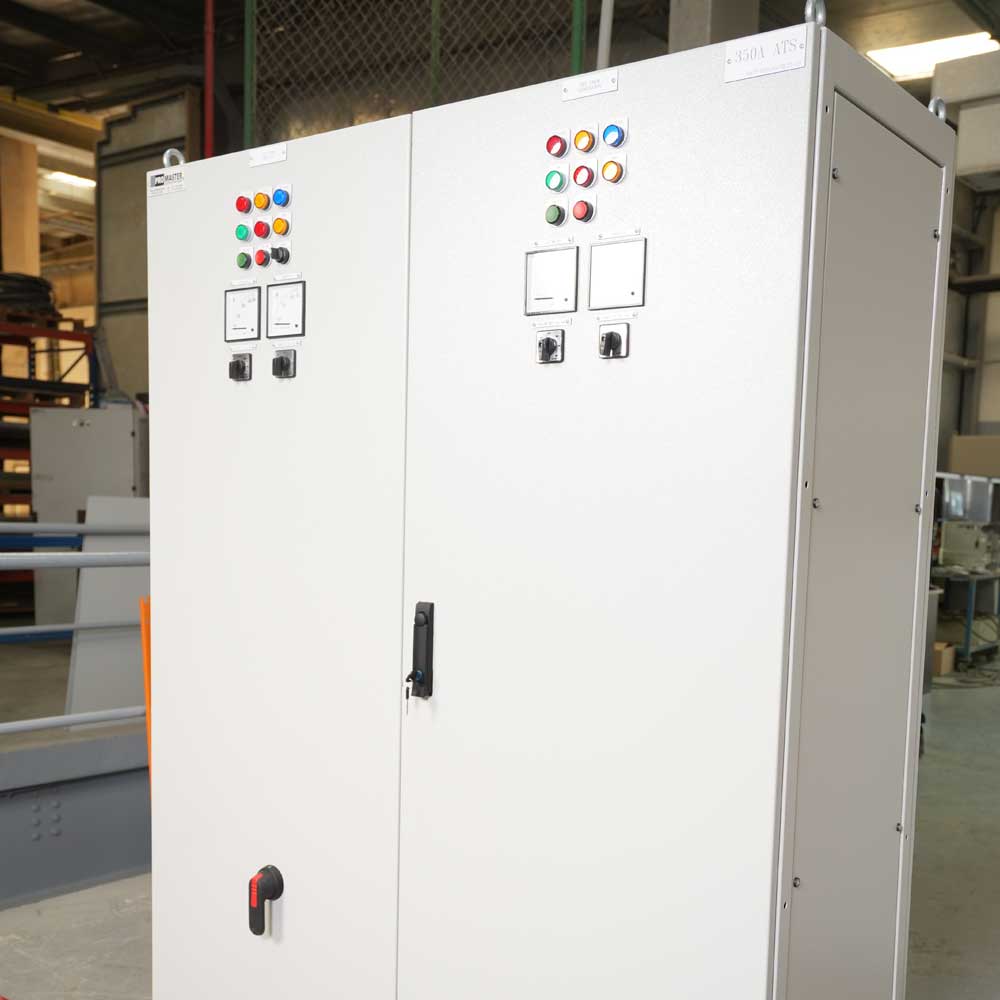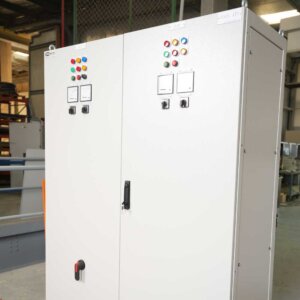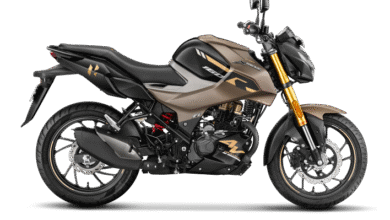Where Are Electrical Control Panels Commonly Installed?


Electrical control panels are the main brains of the majority of industrial, commercial, and residential systems, as they ensure centralised protection and control of electric equipment as well as processes. These crucial pieces of hardware are installed in a strategically beneficial position where they can efficiently manage electrical systems while ensuring safety, accessibility, and optimum performance. Such data on standard installation positions of electrical control panels allows engineers, facility managers, and building owners to make an informed decision on placement and design needs.
Industrial Manufacturing Plants
Factory floors are among the most frequent places that electrical control panels are mounted, with such systems regulating intricate manufacturing processes, machinery operation, and plant infrastructure. In these locations, panels regulate anything from machine operations to whole production lines, managing automated tasks in strict timing and sequence.
Factory floors usually feature several electrical control panels that are located close to the equipment they serve, locating controls in ready access of operators while keeping them at safe distances from potentially dangerous equipment. Such installations often feature local control stations to allow operators to initiate, terminate, and control equipment operations without having to go to remote control rooms.
Factory central control rooms feature master electric control panels operating facility-wide operations such as power distribution, environmental systems, and process coordination. Centralised installations ensure complete control of manufacturing processes with the security and environmental protection needed for sensitive control devices.
Maintenance facilities within the production factories need specialised electrical control panels that are suitable for service and testing operations. These installations offer controlled power feeds for testing and maintenance procedures and enable the provision of the ability to perform maintenance procedures in a safe and effective process.
Working with a seasoned electrical control panel builder ensures industrial installations meet the rigorous standards of manufacturing environments, including vibration resistance, temperature ranges, and industrial impurities.
Commercial Office Complexes and Buildings
Commercial office complexes and buildings make use of electrical control panels to oversee building systems such as lighting, HVAC systems, elevators, and security systems. These installations allow for centralised control features that facilitate efficient operation of the building through reduced energy consumption and maintenance needs.
Office building mechanical rooms usually contain electrical control panels powering HVAC equipment such as air handlers, chillers, boilers, and ventilating systems. These installations integrate heating and cooling functions to present indoor conditions that are comfortable while ensuring maximum energy efficiency and performance from devices.
Electrical spaces and utility rooms house primary distribution panels and specialised control systems that monitor power distribution for office buildings. These installations feature protective devices, monitoring systems, and switching equipment that provide safe electrical service to all building systems and tenant spaces.
Elevator machine rooms need proprietary electrical control panels to supply control for vertical transit systems, such as motor controllers, safety devices, and communications interfaces. Such installations need to achieve stringent levels of performance and safety codes, but offer reliable building occupant operation.
Parking garage facility in commercial buildings employs electrical control panels for regulating the lighting system, ventilation fans, security devices, and access control systems. These types of installations must function under adverse environmental conditions and with good operation and safety measures.
Water and Wastewater Treatment Plants
Water treatment facilities depend heavily on electrical control panels to function pumps, chemical dosage units, filters, and monitors. These applications control intricate treatment processes that require precise control and continuous monitoring to maintain water quality and regulatory compliance.
Pump stations employ electric control panels to manage water supply systems, such as booster pumps, transfer pumps, and emergency backup systems. The installations employ automatic operating elements while adopting manual override systems for maintenance and emergency uses.
Chemical feed systems demand specially engineered electrical control panels that exactly regulate chemical dosing rates in relation to water quality parameters and treatment needs. The installations feature safety interlocks and monitoring devices to prevent overdosing and ensure safe handling of chemicals.
Treatment plants have laboratory facilities with electrical control panels to accommodate analytical equipment, sample treatment systems, and environmental monitoring devices. These systems supply stable, clean sources of power to sensitive equipment with controlled conditions required for proper testing procedures.
Healthcare and Medical Facilities
Hospitals and healthcare facilities use electrical control panels for life support systems such as emergency power, medical equipment, environmental controls, and life safety systems. All such installations should be of high safety and reliability standards, with continuous operation capacities for equipment serving patients.
Emergency power systems need advanced electrical control panels that supervise automatic transfer switches, emergency generators, and critical power distribution. Such installations ensure uninterrupted power transfer during a utility outage without compromising power quality to delicate medical equipment.
Operating room suites contain specialised electrical control panels used to operate lighting systems, power medical equipment, and environmental controls. Such installations have isolated power systems that render electrical hazards unnecessary while supporting continuous life support and surgical equipment operation.
Health care buildings contain central plant rooms with electrical control panels for boilers, chillers, emergency systems, and medical gas equipment. The facilities maintain facility infrastructure operations while offering the redundancy and reliability of operations needed in patient care facilities.
Data Centres and Telecommunications Facilities
Data centres need extremely advanced electrical control panels to control power distribution, cooling systems, backup power, and environmental monitoring. These installations give the exact control and monitoring features that are necessary for providing the best operating conditions for sensitive computer hardware.
Server rooms use electrical control panels for high-accuracy cooling, power distribution, and environmental monitoring devices. These installations operate with very tight temperature and humidity control while offering redundant systems for uninterruptible operation.
Telecommunications switching centres require electrical control panels to control communications equipment power, backup battery systems, and the facility infrastructure. The installations ensure round-the-clock communications service while including remote monitoring and control capabilities for unattended centres.
Conclusion
Control panels are used in almost all types of industries and facilities, and they perform an important role in offering control and protection features to electric equipment and systems. The installations are placed in a strategic manner considering the operational needs, safety requirements, environmental conditions, and accessibility factors.
Successful installation is based on close planning and coordination between facility designers, electrical engineers, and capable suppliers with an understanding of the particular needs of every application. Buying equipment from authorised professionals and reputable electrical control panel manufacturer guarantees that the control panels are properly designed, properly installed, and properly maintained to achieve optimum performance and safety throughout their working life.




